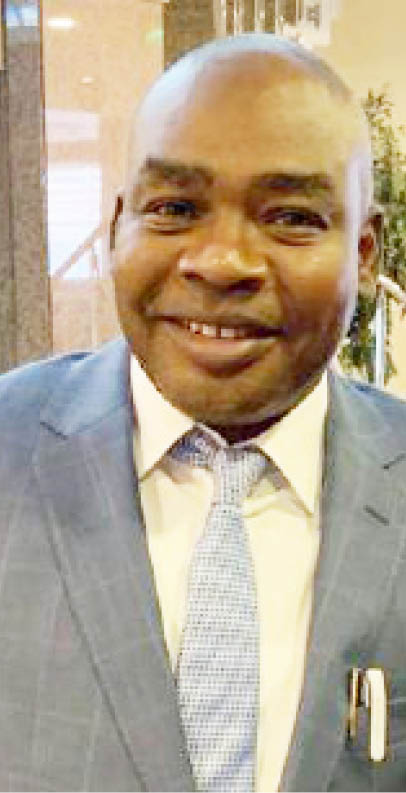‘Why our rice is poorly processed’
Dr Abiso Kabir is the CEO/MD, Wal-Wanne Group, a leading agro-allied company in Borno State, with its head office in Lagos. In this interview with Daily Trust in Abuja, he said the company collaborates with government to diversify the country’s economy from total reliance on oil. You operate in Borno State despite the insurgency…cuts in? […]

Dr Abiso Kabir is the CEO/MD, Wal-Wanne Group, a leading agro-allied company in Borno State, with its head office in Lagos. In this interview with Daily Trust in Abuja, he said the company collaborates with government to diversify the country’s economy from total reliance on oil.
You operate in Borno State despite the insurgency…cuts in?
We cultivate vast hectares of farmland across seven local government areas in the state; Jere, Mafa, Biu, Chibok, Konduga, Ganbuwa and Monguno. Of course, the success of the federal government’s Anchor Borrower Programme cannot be told without the measure of expertise injected into it in order to have better harvest.
What’s your farm capacity and how many hectares are you cultivating?
The farm has capacity to accommodate over 13,000 farmers which means, a farmer is allocated to one hectare. Currently, about 705 farm owners are listed to participate in the Anchor Borrowers Programme on the platform of Wal-Wanne and Sons Limited regulated by the Central Bank of Nigeria (CBN).
How do you source your rice seeds and how many tons of rice do you produce?
We source our rice seeds from accredited and certified input suppliers by the Bank of Agriculture and the Central Bank of Nigeria respectively. Our expected yield per season is about 7,800 tons. However, due to natural disasters and other unforeseen circumstances, we perform far below expectations actually.
Do you source additional paddy from other farms?
Yes, we do. This is another alternative we use to complement our failure (due to natural disasters and other unforeseen circumstances). We also empower other farmers that became stranded with their goods in the competitive local rice market.
As a rice miller, what would you say about the poorly processed local rice we have in the markets?
Most of the poorly processed local rice you see in the market today are as a result of low budget by rice processing mills and lack of technical knowhow as well. In this regard, there is need for the federal government to come in. Rice millers need serious support from government to improve their companies and enhance their production as well.
Since government banned the importation of most agricultural products which we produced here at home, it should make more effort in supporting agric investors to cope with the situation and to meet up with need for processed product.
As an exporter, what challenges do you face?
The major limitation associated with exporting products from Nigeria is lack of government support in the whole process. Therefore, we want government to come up with policy strategies to enhance exportation, especially in the area of agricultural products.
What is your take on the current border closure?
Closing border is the right decision taken by the government. One can now see clearly how the border closure has boosted agricultural productivity and encouraged construction of industries related to processing local rice and other agricultural produce to substitute what we used to import.
What’s your target in the next five years?
Our target in the next five years is to be one of the leading exporters in Nigeria and indeed in West Africa. We are targeting Asian, Middle East, some European countries and America. In fact, within five years, we want to reach the whole world with our goods from Nigeria.
